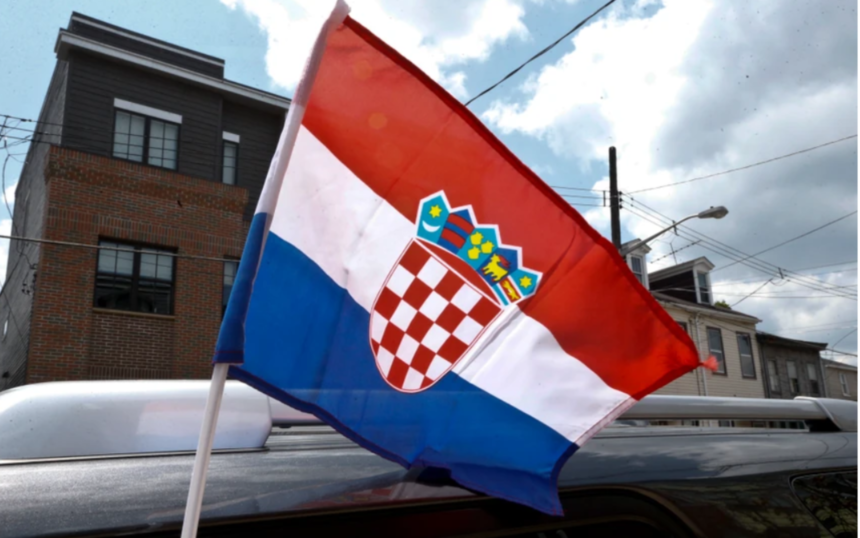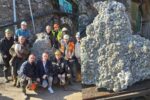According to the 2021 census, there are 13,817 Albanians living in Croatia, and the Constitution of the country recognizes them as a national minority.
According to the Embassy of Croatia in Kosovo, most of them are concentrated in the city of Zagreb and in the regions of Primorje-Gorski Kotar, Istria, Split-Dalmatia, Osijek-Baranja, and Bjelovar-Bilogora. They, according to the embassy, exercise their right to education and have their own representatives.
“In the elections for councils and representatives of national minorities held in 2019, 27 councils and 8 representatives of the Albanian national minority were elected in the counties, including the city of Zagreb, and 10 representatives in various cities,” the embassy’s statement reads.
The embassy also mentioned that Albanians in Croatia preserve their symbols and celebrate their holidays.
“The preservation of traditional names and symbols, as well as the naming of settlements, streets, and squares with figures and events of significance to the history and culture of the Albanian national minority, is regulated by statute in the Šibenik-Knin area,” the embassy stated.
Additionally, according to the embassy’s data, the migration of citizens from Kosovo to Croatia began during various historical periods.
“According to published research works, migrations from Kosovo to Croatia began between the two World Wars (around 1930) and continued from the early 1950s to the 1970s, due to the development of tourism in Croatia,” the Croatian Embassy’s response states.
Croats in Kosovo, like Montenegrins, do not have the status of a national minority, although there have been requests for such recognition. In Kosovo, the minorities recognized by the Constitution are the Serbian, Bosniak, Turkish, Roma, Ashkali, Egyptian, and Goran communities.







